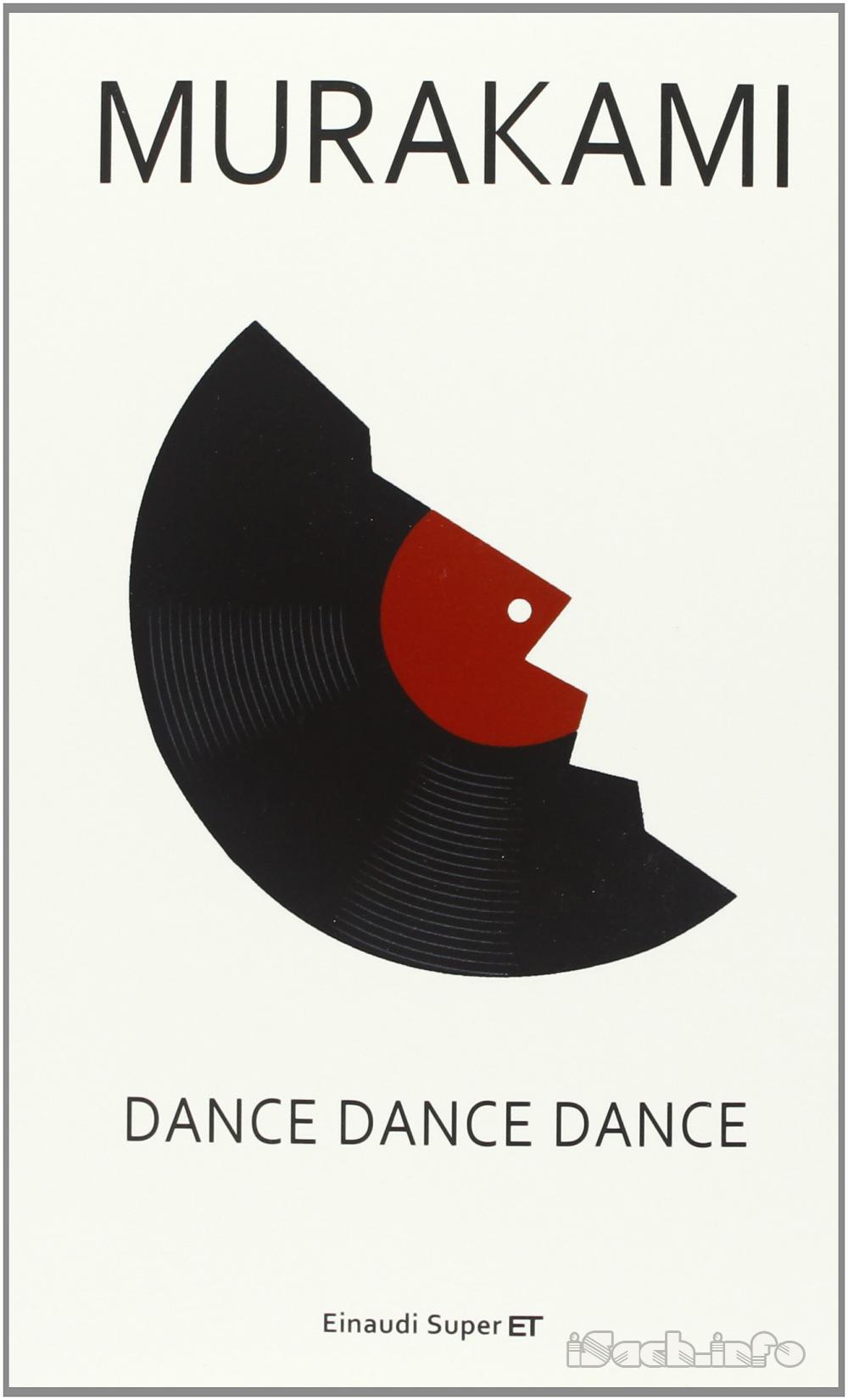Chapter 38
I
sat Yuki in the front seat and wound her window open. Soft rain fell, undetectable to the eye, though the asphalt was slowly staining black. There was the smell of rain. Some people had their umbrellas up, others walked along as if nothing was coming down. An outstretched hand would be retracted with only a hint of dampness. It was that fine a rain.Yuki rested an arm on the door and her chin upon that, the tilt of her neck turning her face half out of the car. She held that pose for a good while, not moving except to breathe. Each tiny rise followed by a tiny fall, the slightest crest and trough of breath. How could anyone look so fragile, so defenseless? From where I sat, it seemed that the least impact would be enough to snap off her head and elbow. Was it merely that she was a child, not hardened to the ways of the world, while I was an adult, who, however inexpertly, had endured?
"Is there anything I can I do?" I asked. "Not really," said Yuki, swallowing as she spoke facedown. The saliva clearing her throat sounded unnaturally loud. "Take me somewhere quiet where there's no people, but not too far." "The beach?" "Wherever. But don't drive fast. I might throw up if we bump too much."
I lifted her head inside onto the headrest, careful as if cradling an egg, and rolled up her window halfway. Then as slowly as the traffic would allow, we headed to the Kunifuzu seaside. We parked the car and walked to the beach, where Yuki vomited onto the sand. There'd been hardly anything in her stomach, only the chocolate and gastric juices. The most excruciating way to get sick. The body is in spasms, but nothing comes. You're wringing out your entire system, until your stomach is a knot the size of a fist. I massaged her back. The misting rain continued, but Yuki didn't notice.
Glyauughhh.?Yuki's eyes welled up with tears as she retched.
I tried lamely to comfort her.
After ten minutes of this, I wiped her mouth with a handkerchief and kicked sand over the mess. Then holding her by the elbow, I walked her over to a nearby jetty. We sat down, leaning back against the seawall as the rain began to fall. We stared off into the waves, at the cars droning in the background on the West Shonan Causeway. The only people around were standing in the water before us, fishing. They wore slickers and rain hats, their eyes trained somewhere below the horizon, their rods unbending. They didn't turn around to see us. Yuki lay her head on my shoulder, but didn't say a word. We must have seemed like lovers.
Yuki closed her eyes. Breathing so lightly, she seemed to be asleep. Her wet bangs were plastered in a clump across her forehead, her skin still tan from last month. But beneath the overcast sky, Yuki looked sickly. I wiped the rain and tears from her face. Rain kept falling silently over the boundless sea. Self-Defense Force submarine-spotting planes groaned past overhead like dragonflies in heat.
Finally, her head still resting on my shoulder, she opened her eyes and looked at me in soft focus. She pulled a Virginia Slim from her hip pocket and lit up. Or tried to repeatedly — she barely had the strength to light a match. No lec- tures from me about smoking, not this time. Eventually she got it lit and flicked the match away. Then after two drags on the cigarette, she tossed it away too. It continued burning until the rain put it out.
"Your stomach still hurt?" I asked.
"A little."
"Let's just stay put a while though. You're not cold?"
"I'm fine. The rain feels good."
The fishermen were still transfixed on the Pacific. What was the attraction of fishing? It couldn't be merely catching fish. Was it just one of those acquired tastes? Like sitting out on a rainy beach with a high-strung thirteen-year-old?
"Your friend," Yuki ventured cautiously, her voice cracking.
"My friend?"
"Yeah, the one in the film."
"His real name's Gotanda," I said. "Like the station on the Yamanote Line. The one after Meguro and before Osaki."
"He killed that woman."
I squinted at Yuki, hard. She looked wan. Her breathing came irregularly, like a nearly drowned soul trawled up from the drink. What was the girl saying? It didn't register. "Killed what woman?" I asked.
"That woman. The one he was sleeping with on Sunday morning."
I didn't get it. I couldn't get it. What was she talking about? Half-consciously, I smiled and said, "But nobody dies in the movie. You must be mistaken."
"Not in the movie. In real life. He actually killed her. I saw it," said Yuki, clutching my arm. "It scared me so much I could hardly breathe. That whatever-it-is came over me again. I could see the whole murder, sharp and clear. Your friend killed that woman. I'm not making this up. Honest."
My spine turned to ice, I couldn't utter a word. Everything was falling out of place, tumbling down, out of my hands. I couldn't hold on to anything.
"I'm sorry. Maybe I shouldn't have said anything," said Yuki. She sighed and let go of my arm. "The honest truth is, I don't know. I can feel that it's real, but I can't really be sure if it's real or not. And I know you'll probably hate me like everyone else for saying so. But I couldn't not tell you. Whether it's real or not, I saw it. I couldn't keep quiet about it. I'm really scared. Please don't get angry at me. I can't handle it. I feel like I'm falling apart."
"I'm not mad, so calm down and tell me what you saw," I said, holding her hand.
"It's the first time I've ever seen anything clearly like this. He strangled her, the woman in the movie. And he put the body in the car and drove a long, long way. It was that Italian car you were driving once. That car, it's his, isn't it?"
"Yes, it's his car," I said. "Is there anything else? Slow down and think it over. Whatever comes to mind, no matter how small, tell me. I want to know."
She shook her head tentatively, twice, three times. Then she breathed deeply. "There's really not much more. The smell of soil. A shovel. Night. Birds chirping. That's about it. He strangled that girl to death, loaded her off somewhere in that car, and buried her. That's all. But — and this is the truly strange part — the whole thing didn't seem vicious or horrible or anything. It didn't even seem like a crime. It was more like a ceremony. It was a quiet thing, between the killer and the victim. But a very strange quiet. Like it was out on the edge of the earth or something."
I closed my eyes. My thoughts wouldn't go anywhere. Objects and events in my head were disintegrating, flying like shrapnel through the dark. I didn't believe what Yuki was saying; I didn't disbelieve what Yuki was saying. I let her words sink in. They weren't fact. They were possibility. Nothing more, nothing less, but the force of the possibility was shattering.
Any semblance of order I had come to know over the last few months was shot. Diffuse, uncertain, but it was order, and it had taken hold. No more.
The possibility exists. And in the moment that I admitted that, something came to an end. Ever subtly, yet decisively, it was over. But what? I couldn't think further. No, not now. Meanwhile, I found myself alone again. With a thirteen-year-old girl, on a rainy beach, desperately alone.
Yuki squeezed my hand.
How long she held it, I don't know. A hand so small and warm it almost didn't seem real. Her touch was more like a tiny replay from memory. Warm as a memory, but it doesn't lead you anywhere.
"Let's go," I said. "I'll take you home."
I drove her back up to Hakone. Neither of us spoke. When the silence became too oppressive, I put on the stereo. There was music, but I didn't hear it. I concentrated on driving. Hands and feet, shifting gears, steering. The wipers going back and forth, monotonously.
I didn't want to have to see Ame, so I let Yuki out at the bottom of the steps.
"Hey," said Yuki, looking in through the passenger seat window, arms crossed tight and shivering, "you don't have to swallow everything I told you. I just saw it, that's all. Like I said, I don't know if it really happened. Please don't hate me. I'd die."
"I don't hate you," I said, coming up with a smile. "And I won't swallow anything, unless it's the truth. It's got to come out some time. The fog's got to pull away. I know that much. If what you say turns out to be true, okay, it just means that I got a glimpse of the truth through you. Don't worry. It's something I have to find out for myself."
"Are you going to see him?"
"Of course. I'll ask him if it's true. There's no other way."
Yuki shrugged. "You're not mad at me?"
"No, I'm not mad at you, of course not," I said. "Why would I be mad at you? You haven't done anything wrong."
"You were such a good guy," she said. "I never met anyone like you."
Why the past tense? I wondered. "And I've never met a girl like you." "Good-bye," said Yuki. Then she took a good, long look at me. She seemed fidgety. As if she wanted to add something more or hold my hand or kiss me on the cheek.
Nervous images of possibility kept floating into my head all the way home. I made myself focus on the mindless music and tacked my attention to the road ahead. The rain let up just as I exited the Tokyo-Nagoya Expressway, but I didn't have the energy to turn off the wipers until I pulled into my parking space in Shibuya. My head was in a shambles. I had to do something. So I sat there in my parked Subaru, my hands glued to the wheel.



 ePub
ePub A4
A4